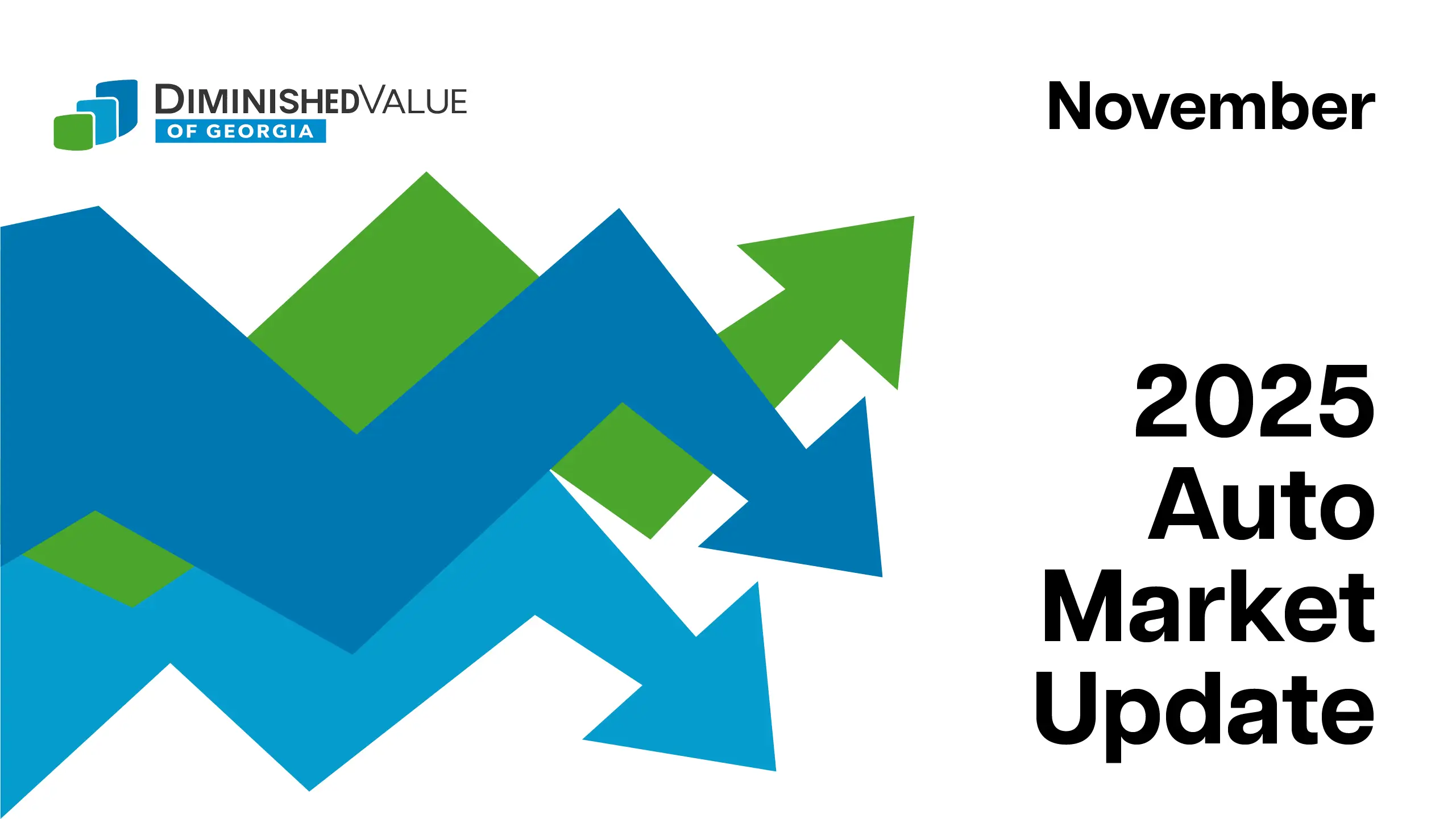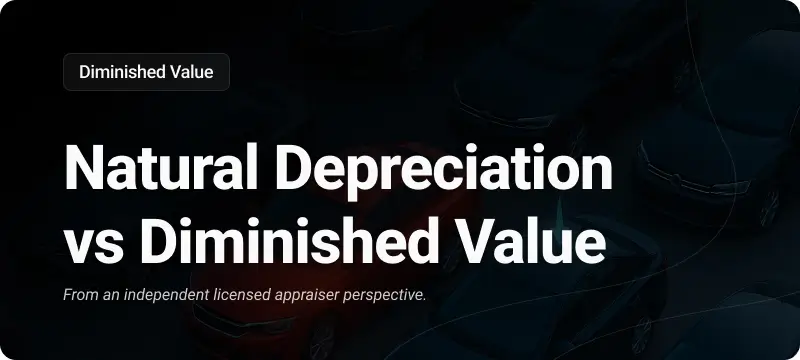 Ethics for Insurance Professionals
Ethics for Insurance Professionals
This post covers the basic concept of ethics with a detailed definition and what
it entails.
OBJECTIVES
• Define ethics and emphasize on the various principles involved.
• Discuss the ways in which we can incorporate ethical values in our
personal and professional lives.
• Briefly define the major themes in ethical philosophy.
• Fully understand the core ethical principles and values and the use of
rationalization.
• Elaborate on the framework for ethical decision-making.
• Define the key elements of a conflict of interest.
KEY TERMS
Bribe: Something that is given or offered to a person or organization in a position
of trust to induce a person to behave in a way that is inconsistent with that trust.
Confidential: That which is done or communicated in trust. Confidential
information is information entrusted to another. The implication is that it is
information that for some reason (from personal privacy to competitive
advantage) the person entrusting the information does not wish at least some
others to know.
Conflict Of Interest: A conflict between a person’s private interests and public
obligations. For example, a person in a position of trust who must exercise
judgment on behalf of others—who also has a personal interest in the situation
which may color their decision-making process—is considered to have a Conflict
of Interest.
Ethics: The explicit, philosophical reflection on moral beliefs and practices.
Ethics is a conscious stepping back and reflecting on morality.
Means: Philosophers often contrast means and ends. The ends we seek are the
goals we try to achieve, while the means are the actions or things which we use
in order to accomplish those ends. A hammer provides the means for pounding a
nail in a piece of wood.
Morality: “Morality” refers to the first-order beliefs and practices about good and
evil by means of which we guide our behavior. Contrast with Ethics, which is the
second-order, reflective consideration of our moral beliefs and practices.
Obligations: Requirements arising from a person’s situation or circumstances
(e.g., relationships, knowledge, position) that specify what must or must not be
done for some moral, legal, religious, or institutional reasons.
Professional Responsibility: A paradigm case of the moral responsibility that
arises from the special knowledge that one possesses. It is mastery of a special
body of advanced knowledge, particularly knowledge that bears directly on the
well-being of others that demarcates a profession.
Responsibility: The moral and forward-looking sense of responsibility is the
sense in which one is responsible for achieving (or maintaining) a good result in
some matter.
Stakeholder: A person or group who can affect or is affected by an action.
Responsible decision-making requires consideration of the effects on all
stakeholders.
Values and Value Judgments: value judgments judge things to be good or bad
in some respect. Moral or ethical values are only one type of value and moral
evaluation is only one type of value judgment.
Ethics-for-Insurance-Professionals



